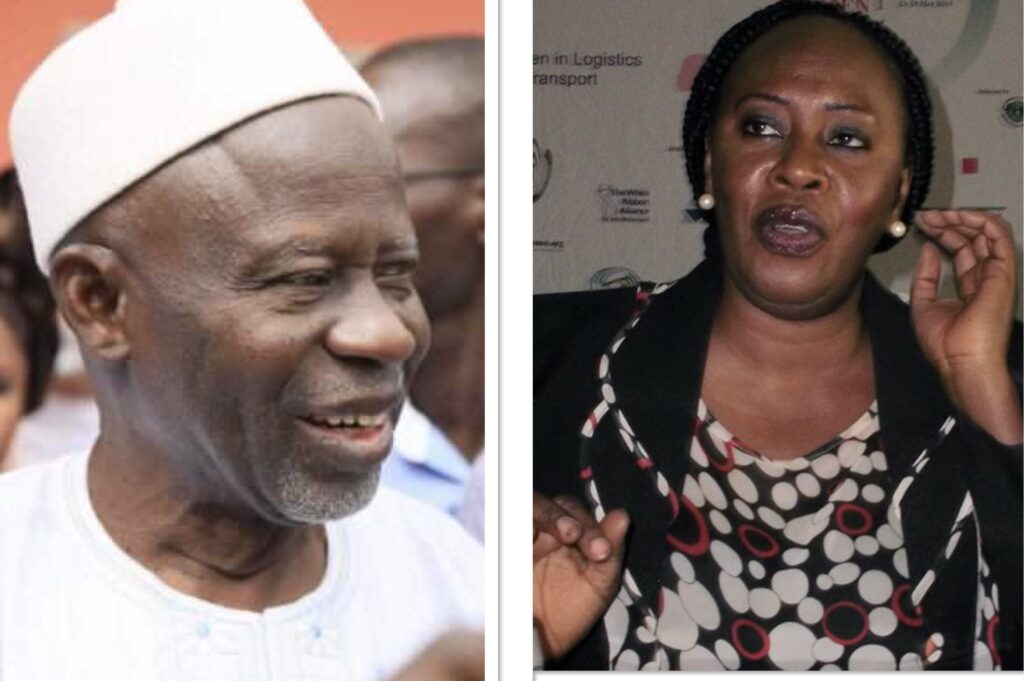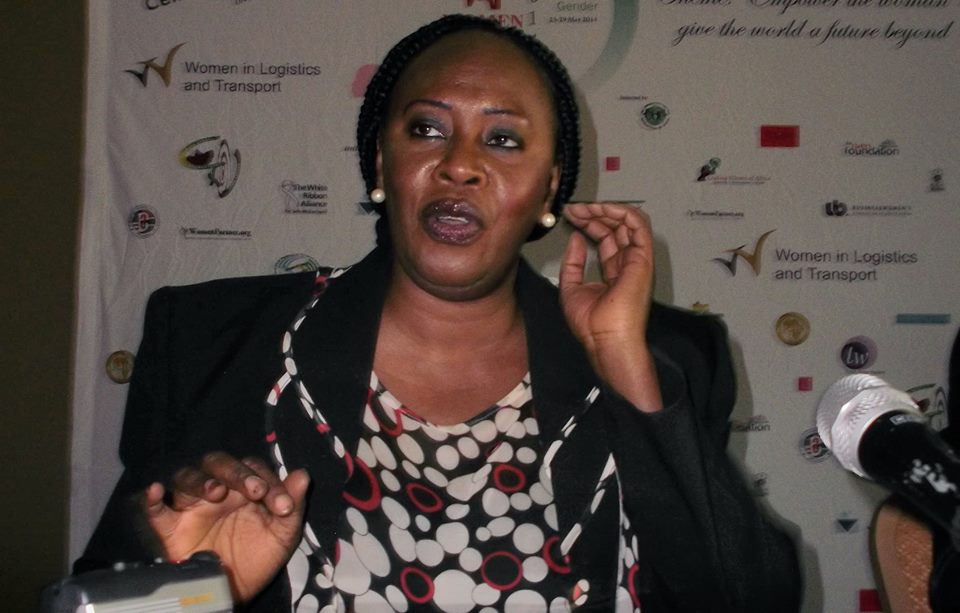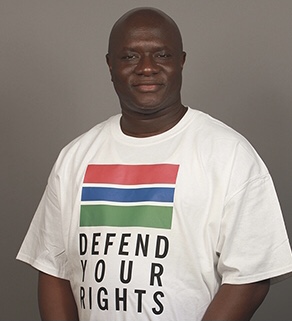
Dear Madi,
Your call, through the EFSCRJ, for President Barrow to summarily dismiss Ambassador Fatoumatta Jahumpa Ceesay (FJC) over a leaked private WhatsApp audio is not only legally untenable but also deeply troubling for its implications on civil liberties, due process, and the integrity of our democratic discourse.
Let us begin with the basics: FJC was not speaking in her official capacity as Ambassador, nor was the statement made in a formal diplomatic setting. The audio, reportedly recorded in a private space and shared without her consent, represents her personal opinions, however unpalatable they may be to some political sensibilities.
In law, context matters, and so does the right to private expression. What you are advocating for is state action based on unlawfully obtained private communication—a dangerous precedent that weaponizes surveillance against free speech.
1. Constitutional and Legal Considerations
The Gambian Constitution guarantees freedom of expression (Section 25(1)(a)), including the right to hold opinions without interference. While public officials are rightly held to high standards, the bar for dismissal—especially on grounds of misconduct—requires more than leaked, non-public utterances. There must be:
A clear breach of official duty
Evidence of impact on the discharge of public functions
An established standard of diplomatic code violated in an official setting
None of these thresholds have been legally met. The Vienna Convention on Diplomatic Relations (1961), which governs conduct in international service, does not extend to regulating private political speech unless it disrupts the host country’s relations or violates diplomatic protocol—neither of which is evident here.

2. Moralism versus Legality
You and your organization have equated political rudeness with legal wrongdoing. This is a slippery slope. There is no codified law against being “uncultured” or “provocative” in private speech. Democracy is precisely about tolerating differences, even when expressed impolitely. To demand dismissal over a WhatsApp voice note is to substitute legality for morality, and governance must never be based on feelings over facts.
3. The Doctrine of Proportionality
Even assuming FJC’s comments were distasteful, state response must be proportional. A reprimand or private caution may be appropriate—but dismissal? That is executive overreach and politicization of discipline. Would we equally support the dismissal of every ambassador or minister who privately insulted APRC, NPP, PDOIS, or PPP leaders? Consistency is the lifeblood of justice.

4. Selective Outrage and Political Convenience
It is curious that EFSCRJ, an organisation that claims to champion civil liberties, would demand the sacking of a woman for exercising her right to speak, albeit provocatively, in her private space. Where was this righteous indignation when public officials and party surrogates from other parties issued far worse invective in open press conferences and rallies?
5. Political Elitism Disguised as Ethical Outrage
This episode speaks less to ethics and more to the emotional fragility of the Gambian political class, which now seeks to immunize itself from criticism by calling any offensive remark “a threat to national unity.” Unity is not built by silencing dissent but by confronting it in public forums with better arguments—not executive sackings.
Conclusion:
Ambassador Jahumpa Ceesay may well deserve public criticism, and political parties are within their rights to censure their own. But President Barrow has no constitutional, legal, or diplomatic basis to dismiss her over this audio, and to do so would be an act of executive tyranny masked as ethical correction.
Let us not confuse indignation with justice, or private speech with public wrongdoing.
Yours sincerely,
Kebba Jammeh
Public Policy Analyst | Political Ethicist










Recent Comments